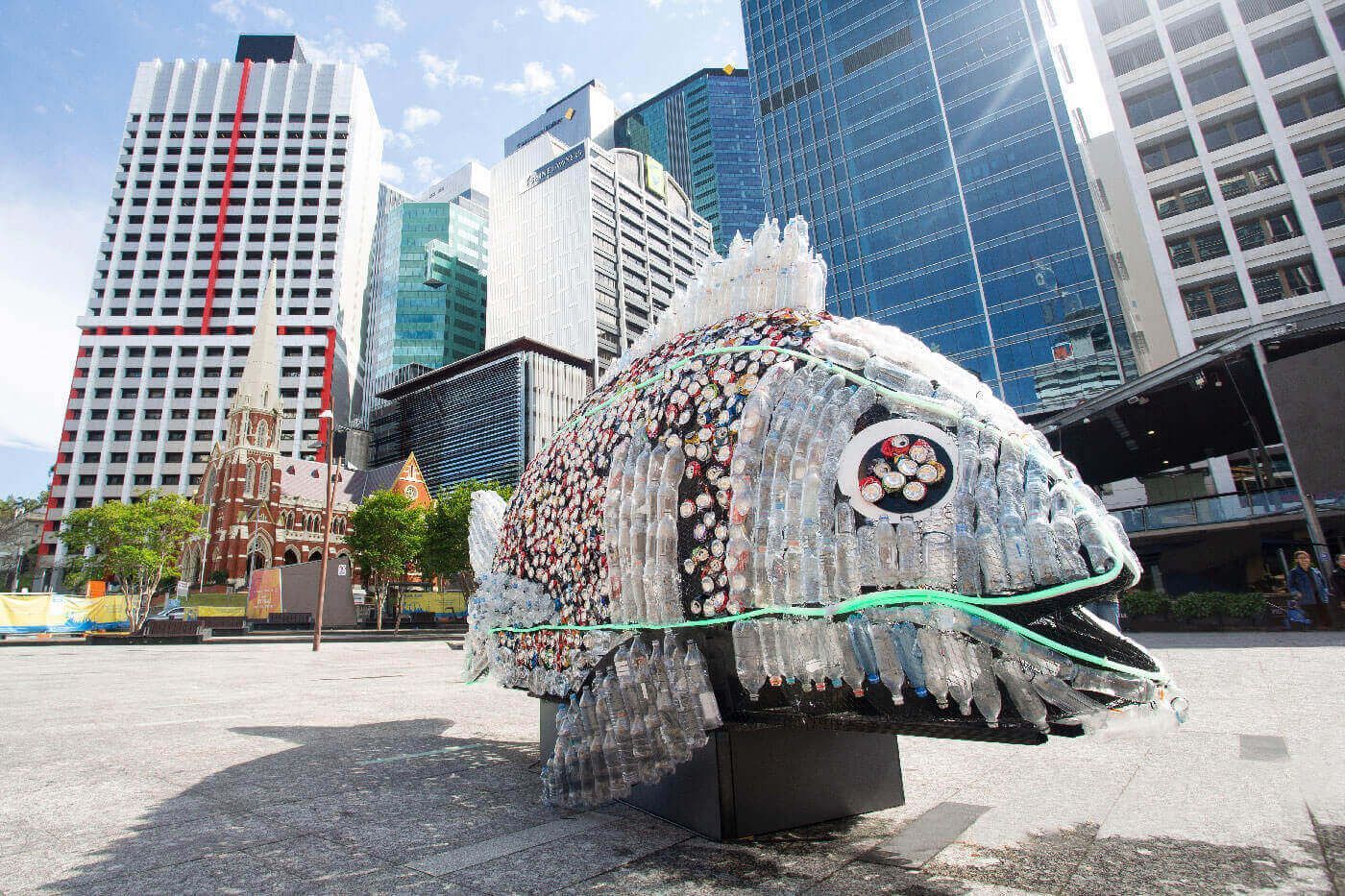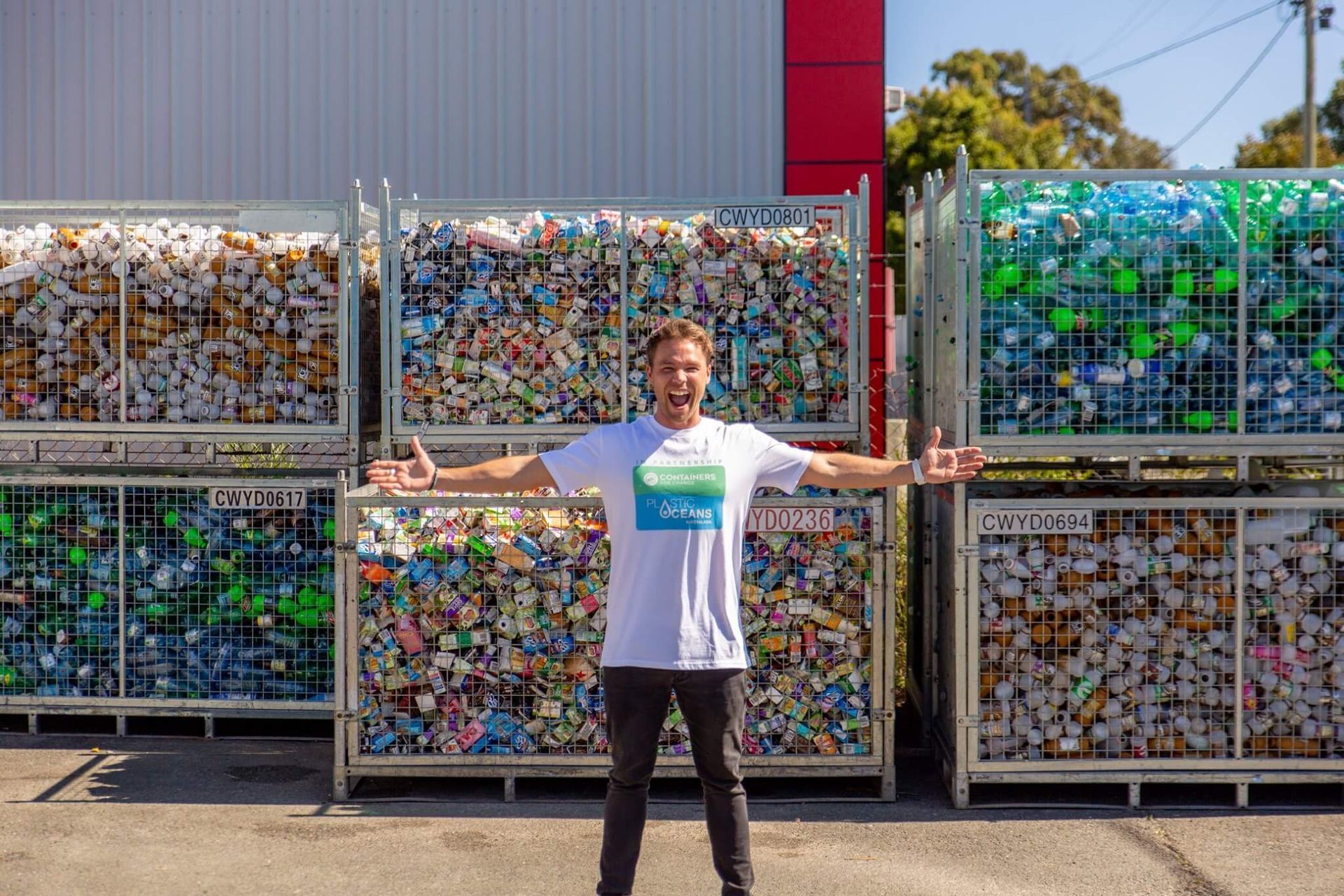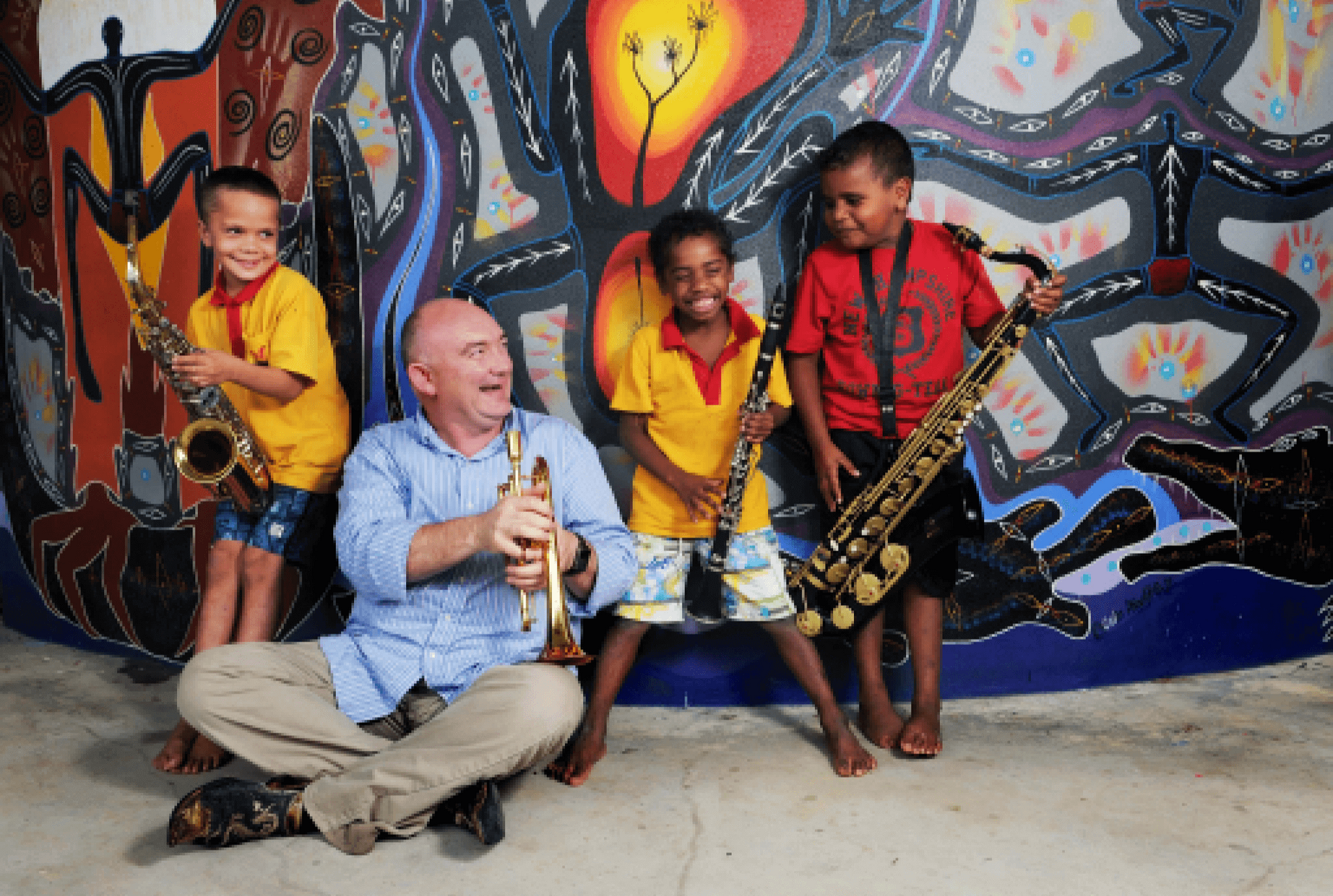How to Avoid Hiring the Wrong Person
Hiring decisions are big decisions.
Despite this, we’ve all heard stories of recruitment going wrong.
Hiring the wrong person; hiring someone who doesn’t stay; your ideal candidate dropping out of the process (or worse, accepting a counter offer from their current employer); and hiring someone who seems great but doesn’t gel with your team.
Whatever the reason, hiring the wrong person can be disastrous on a number of levels.
Beyond the impact on employee engagement and team morale, the cost of hiring the wrong person can be as much as 150% of their salary. This includes the real cost of recruiting and onboarding a new team member, as well as the impact on productivity and performance.

1. Never hire under duress
Pressure to hire quickly rarely ends well.
When done well, recruitment is a strategic process which should be approached with due care and attention. Avoid the temptation to hire in a hurry and find a ‘quick fix’ to your resourcing headaches.
If you’re under duress or pressure to make a quick hiring decision, you’ll be more likely to skip important questions or stages in your recruitment process.
While a candidate might look and sound great, you’re more likely to allow unconscious bias to impact your decision making when you’re trying to make a decision quickly.
When it comes to recruitment, remember this: Rush and you’ll regret it.
2. Focus on outcomes
Many recruitment processes focuses on previous experience, skills and having a background in a particular type of organisation or industry.
Yet when it comes to development conversations with your employees, the focus is usually on measurable outcomes.
Bringing outcomes into the recruitment process is a smart move.
If you approach the selection and interview process with tangible outcomes in mind, you’ll be more likely to make hiring decisions with the end result in mind.
If you’re working with a recruitment partner, these outcomes should come to light during the needs analysis stage of the recruitment process.


3. Be self-aware
If you are a key decision-maker in the recruitment process, it’s critical that you’re aware of your natural tendencies when meeting new people.
Are you overly optimistic? Do you always see the best in people? Are you slightly guarded and take some time to warm up?
Do you tend to gravitate towards people like you? (Spoiler alert, we all do! This is human nature and the basis of many unconscious biases which can impact hiring decisions).
Make sure you plan and execute a robust recruitment process that involves several stages and involves more than one person in the interviews.Any recruitment process is the start of a long-term relationship. Just as there are certain things you probably wouldn’t do on a first date, try not to rush things in your recruitment process.
This is where the power of a recruitment or interview panel comes into play.
Being aware of yourself and potential biases (conscious or unconscious) is an important aspect of any robust recruitment process. Ensure diversity in your hiring team for the best results.
4. Gather quality data for the best decisions
Like most things in life, what you put into a recruitment process is closely aligned to what you can expect to get out of it.
The basic formula is quality in = quality out.
In other words, if you want to curate a quality outcome, you’ll need to think carefully about planning and executing a quality recruitment process.
There are many stages in a quality recruitment process. If you engage a recruitment partner, you can expect them to follow a robust and effective process which you can read more about in this article.
Let’s consider the interview - a critical part of the process.
On the surface, an interview is essentially a conversation between two or more people. Hopefully, a pleasant conversation that allows these people to get to know each other.
Beneath the surface, an interview is a data-gathering exercise.
If you’re looking for quality output (ie the right hiring decision), you’ll need quality input - the right data. You can learn more about designing an effective interview in this eBook.


5. Don’t hire a clone of the person who’s leaving
The worst thing you can do for your hiring (and organisational) outcomes is hire for where your team and organisation are today. A like-for-like approach to recruitment isn’t a smart hiring strategy.
Always hire for where you’re going and what you want to achieve.
Not only will the story of where you’re going inspire and motivate potential employees, it will help shape the best hiring outcomes.
6. Look beyond specific skills and experience
While previous experience and ‘hard’ skills are important, understanding and identifying the soft skills, attitudes and attributes of high-performing employees is critical to making the best hiring decisions.
Some of the critical traits which will determine success in the future of work are adaptability, collaboration, emotional and social intelligence, problem-solving and both a service and growth mindset.
To find out how to identify these traits during an interview process, check out our eBook 44 High Impact Questions to Identify Top Talent.


Good recruitment doesn't happen by accident
Regardless of the size or nature of your organisation, making the right hiring decisions is critical.
For more information and advice to drive effective recruitment outcomes, check out our ebook Recruitment Red Flags.
Case Study
Hiring resources to help you make the right hire
Finding needles in haystacks is what we do best. We use traditional and algorithmic-search techniques, video recruitment, and behavioural economics to find you the best talent in the market.
- Our guide to 44 high impact questions will help you draw on real-life examples of previous experiences, actions, and behaviours to gauge skills, approach and fit.
- Find out the Ultimate interview question that will help you uncover the most useful insights, regardless of the role you’re recruiting.
- Beyond the obvious like typos and sloppy errors on a CV, turning up late to an interview and poor eye contact, our guide to Recruitment red flags contains a list of key things to look out for to avoid making the wrong hire.
- If you’ve never been sure about the true value of reference checks, this helpful resource will explain why they are important - and how to conduct a good one.

Meet the team
Access key features, receive alerts, and manage your finances from the palm of your hand, ensuring banking fits seamlessly into your lifestyle.















